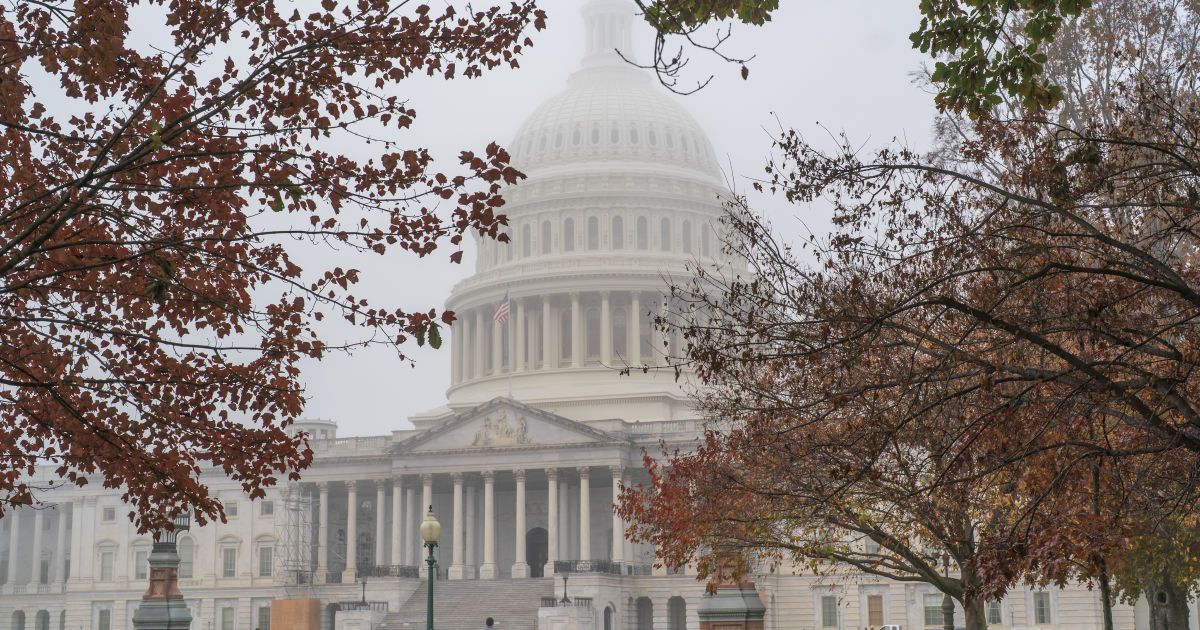The midterm elections in November will determine who holds the majority in each house of the United States Congress.
This could have a significant impact on the US response to the biggest foreign policy issue currently facing the Biden administration - Russia's invasion of Ukraine.
The New York Times writes about it.
While the U.S. public remains broadly supportive of Ukraine and aid bills pass with majorities from both major parties, an active minority of Republican lawmakers, backed by a number of influential conservative politicians, criticize the federal government and say it spends too much and can prolong the conflict.
Moreover, several Republicans have taken an openly pro-Russian position.
The publication writes that Congress has more leverage on domestic affairs than on foreign policy, thanks to the president's broad powers as commander-in-chief.
But Democrats are bracing for a much more difficult — and, they fear, more politicized — national security environment if Republicans control the legislature, committee chairs and financial power.
However, the biggest concern for the Biden administration is the prospect that Republicans could slow the flow of money and weapons to Ukraine that has begun since Russia invaded in February.
In particular, Kevin McCarthy of California, the minority leader, said last month that the Republican-led House of Representatives would not want to approve aid to Ukraine with a "blank check."
Note that the Republicans also oppose the idea of the Democrats
to finance Ukraine with
seized Russian assets.
Congress has approved $60 billion in aid to Ukraine since the start of the war without clear conditions.
But some Republicans, encouraged by prominent conservatives such as Fox News host Tucker Carlson, are increasingly questioning the value of American aid to Ukraine.
Senate Republican leader Mitch McConnell of Kentucky rebuked McCarthy, saying last month that the United States should do more to support Kyiv.
"U.S. aid to Ukraine will be neither effective nor politically sustainable without strong oversight and accountability mechanisms," wrote Congressman Mike McCaul and Senator Jim Risch.
"The United States has spent more to support Ukraine than all of our European allies combined, and no one is controlling this state of affairs. It is senseless and cannot continue like this," Josh Hawley, a Republican senator from the state of Missouri, said the day before.
How the USA helps Ukraine
The day before, the United States allocated $675 million in military aid to Ukraine.
US Secretary of State Anthony Blinken wrote about it on Twitter.
"I ordered to allocate 675 million dollars of military aid to Ukraine and 2.2 billion dollars of long-term investments in the defense of Ukraine and 18 neighboring countries," he said.
The Armed Forces of Ukraine will receive additional weapons from the Pentagon's stockpiles, Blinken said.
According to the results of the fifth meeting of defense ministers at the Ramstein Air Base in Germany, Ukrainian Defense Minister Oleksiy Reznikov noted that the American tranche provides for the supply of howitzers, artillery ammunition, Humvees, armored ambulances, anti-tank systems and other equipment.
After the massive missile attack on Russia on October 10, Joe Biden promised
to provide Ukraine with modern air defense systems.
NATO Secretary General Jens Stoltenberg also announced on October 13 that
Ukraine will receive from the Alliance means to combat drones
in order to protect civilian infrastructure from Russian attacks.
According to the Ministry of Finance, as of February, Ukraine received
about $19.4 billion in financial aid from foreign partners
.
Read also:
Is there a split in the Republican Party of the USA because of Ukraine: the congressman's explanation
A US congressman compared Ukrainians to "cannon fodder": the Ministry of Foreign Affairs called it a "green light for Putin"
The USA announced new military aid for Ukraine for $275 million: what was included in it
American Republicans plan to cut military aid to Ukraine - The Washington Post
